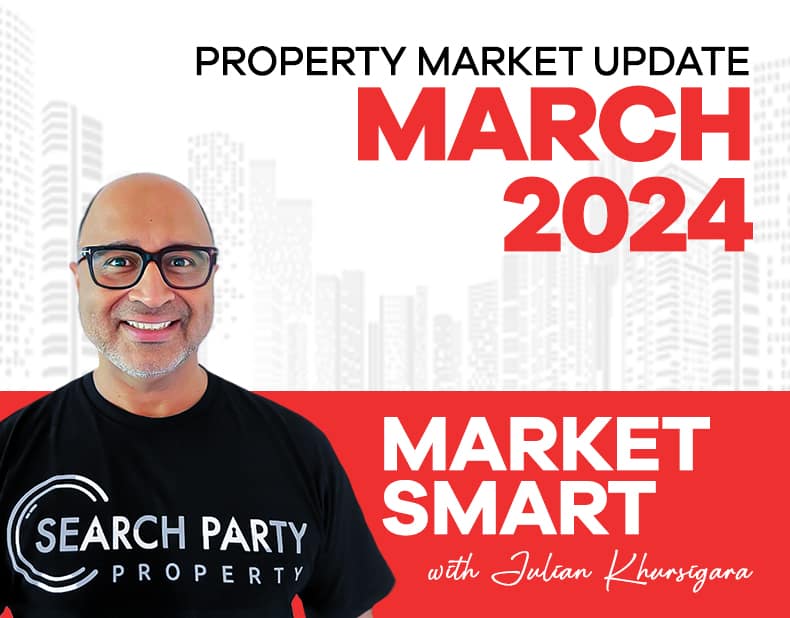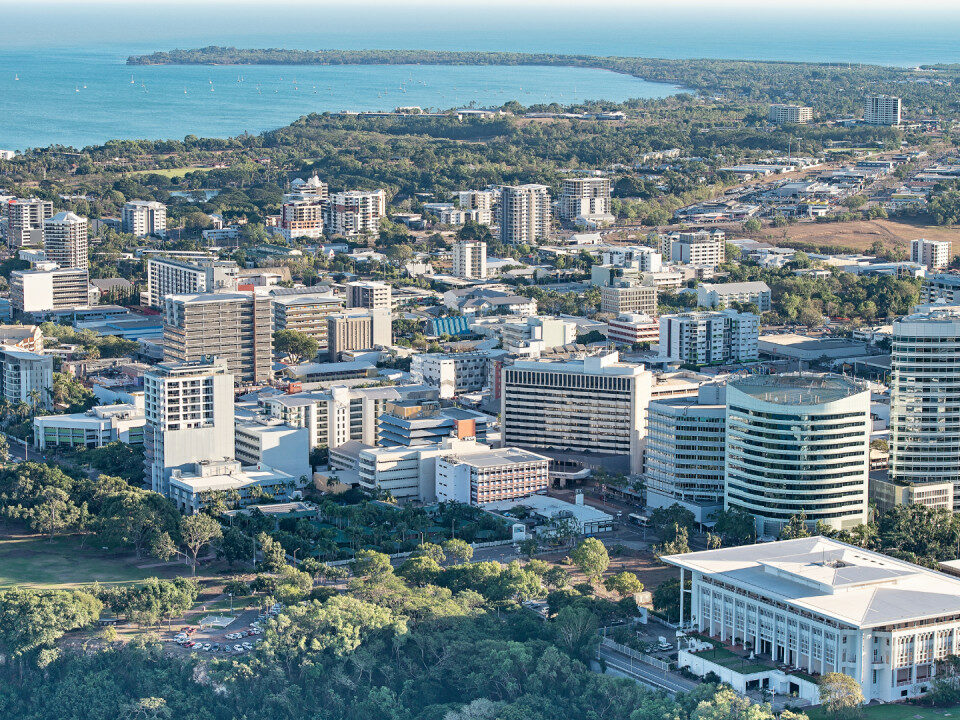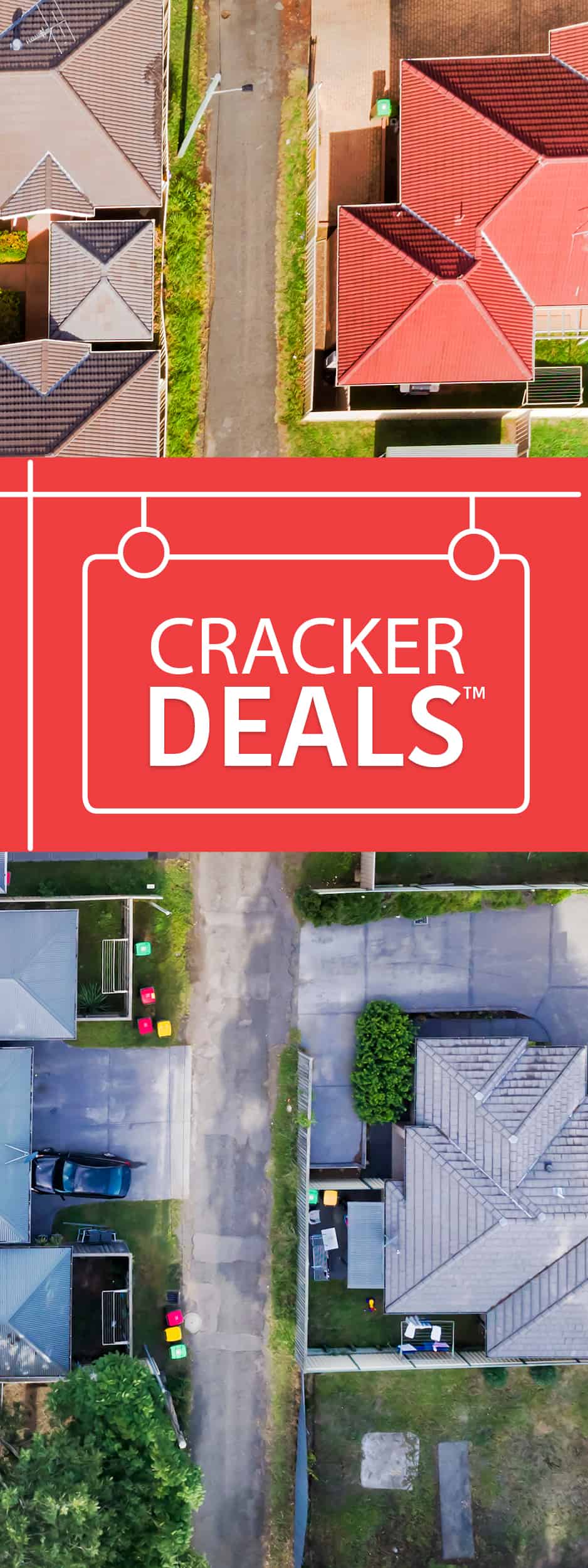- The first step is making the call.
- 1300 022 482
- hello@searchpartyproperty.com.au
Your Typical Property Investor Profile and How This Is Changing

Depending on who is describing them, the average property investor is generally depicted in one of two ways. They are either a wealthy property “tycoon” living a life of luxury off the income produced by their portfolio. Or they are a suburban “Mum and Dad” couple trying to build a better life for their family.
But, in reality, the average property investor is actually quite difficult to characterise. This is because the investor community is extremely diverse and comes from an increasingly wider range of backgrounds. The demographics of this community are also constantly changing and evolving as new investor types emerge.
That said, it is possible to build a profile of the type of people who own investment properties. While this may be quite broad, there are several traits that many share. Here we explore what these currently are and how they are changing as new investors enter the market.
Characteristics of the average property investor
Over the last couple of decades, several studies have attempted to define the average property investor. Many of these focused on specific traits and how much they have changed over a relatively short period of time. But when viewed together, these studies paint quite a clear picture of who is investing in property here in Australia.
One of the most widely cited studies was done by researchers at the University of Tasmania. Based on mortgage application data from 2003 – 2009 it identified the who, what, and where of Australian property investment. Specifically, it found that the average property investor was a 42-year-old male, who was married and earning around $100,000.
More recent studies have updated this profile, adding extra depth and pulling data from new sources. These have found that the average investor:
- Is more likely to be female: There is now almost gender parity in investment property ownership, with some data suggesting approximately 47% of investors are female. This is a significant change from the 2000s when only 27% of investors were female.
- Is more likely to be on a lower income: Data suggests that the more you earn, the more likely you are to invest in property. That said, most property investors are on a lower income – approximately 45% earn less than $50,000.
- Could be any age: While those aged 50 – 64 are most likely to own an investment property, most investors are under 50 years old. The number of investors aged over 60 has also more than doubled over the last decade.
- Only owns one or two properties: Data suggests that, while 15.7% of taxpayers own an investment property, the vast majority have small portfolios. In fact, the average is 1.28 properties per investor.
The different property investor profiles
Given the diversity of the community, many are now choosing to categorise property investors based on quite broad characteristics. For example, in their 2017 Australian Investor Study, the Australian Securities Exchange identified three investors profiles:
- Next generation: These are investors aged between 18 and 24, who are generally saving for a home or to fund travel plans. About 25% own an investment property and the vast majority (81%) are looking for guaranteed returns.
- Wealth accumulators: These are investors aged between 25 and 59, who are generally focused on securing their financial future. About 42% own an investment property and most (67%) are seeking stable investments.
- Retirees: These are investors aged 60 and over, who are considering retirement and want to supplement their income. About 52% own an investment property.
As these groupings are primarily based on age, they do have their limitations. However, they still provide some useful insight into the different investor types and their motivations. They also show how your priorities can change as you progress along your investment journey.
Want to discuss this further?
As this shows, almost anyone can become a property investor. So, if you have been thinking about getting into the market, there is no time like the present. Contact us to set up your complimentary property investor readiness assessment today.




